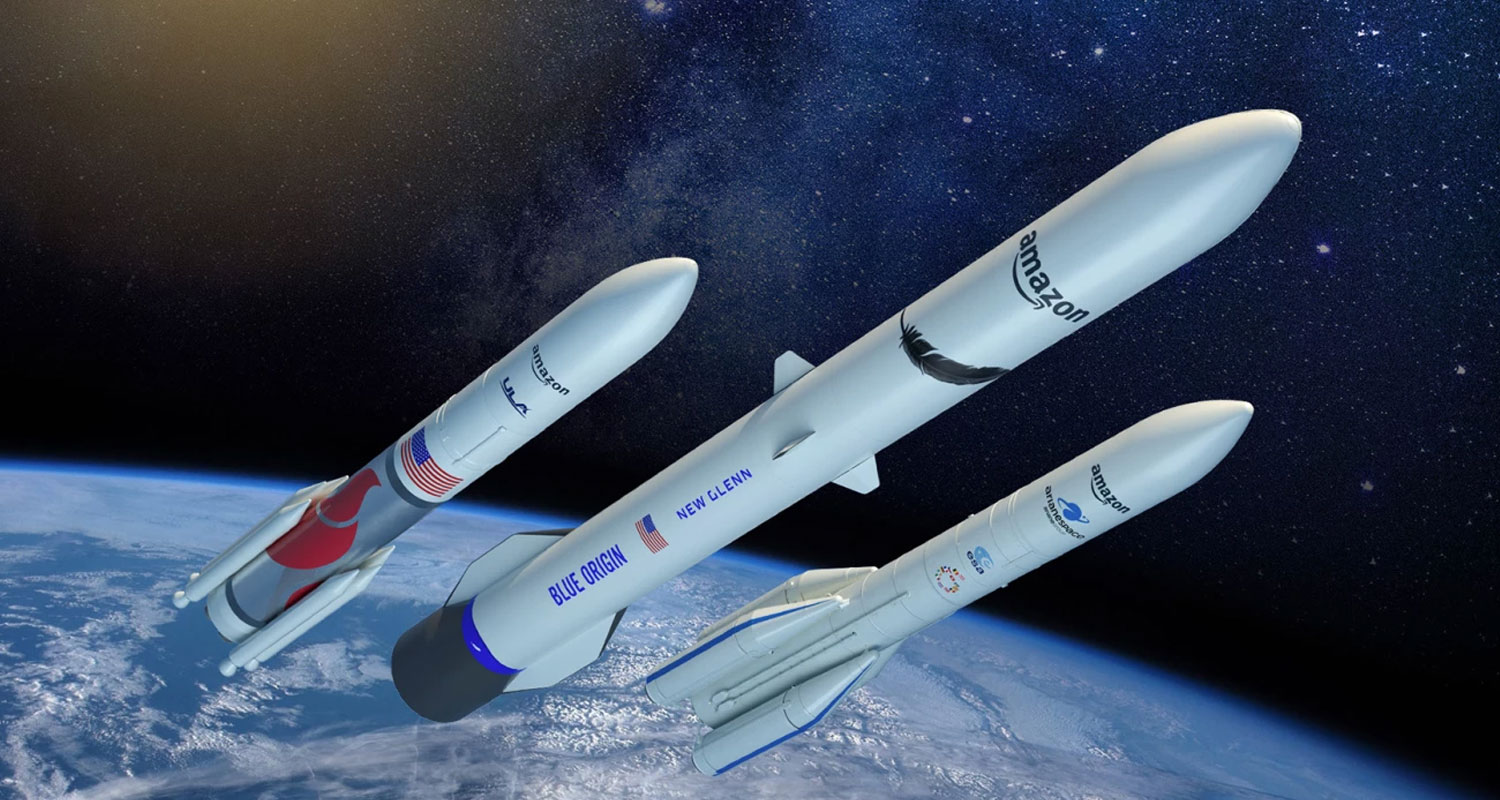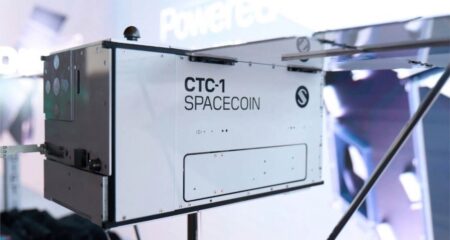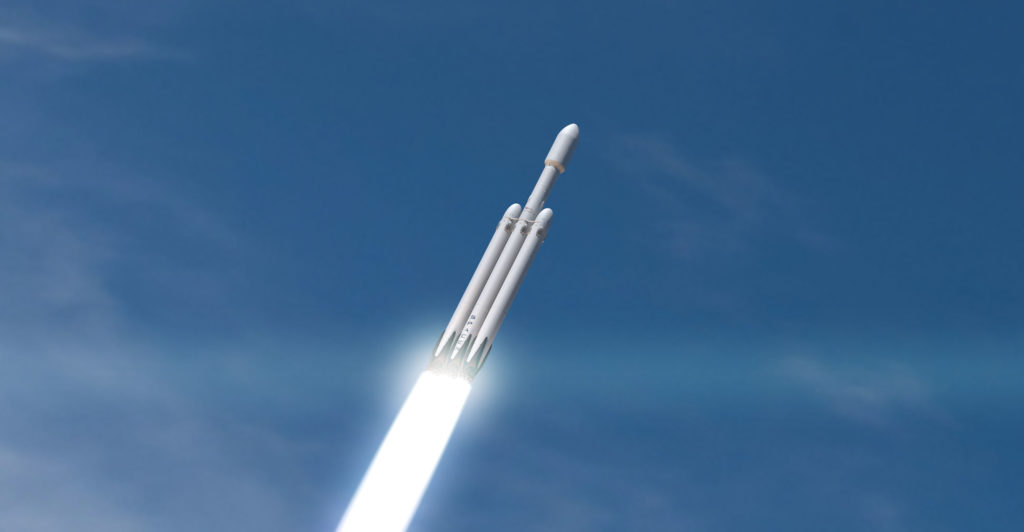
Amazon.com is purchasing as many as 83 rocket launches from three different providers to deploy the majority of its planned Project Kuiper satellite constellation for high-speed Internet service.
The deals with Arianespace, Blue Origin and United Launch Alliance represent the largest commercial procurement of launch vehicles in history, Amazon said on Tuesday in a statement. Project Kuiper aims to provide high-speed Internet from space, competing with similar offerings from Elon Musk’s Space X (Starlink) service and UK-based OneWeb.
Amazon’s licence from the US Federal Communications Commission requires Project Kuiper to launch at least half of its planned 3 236-satellite constellation by July 2026, and at least 90% of its constellation by July 2029. The company declined to specify the exact number of satellites to be launched with the trio of rocket providers and the overall contract value.
None of the three rockets Amazon has selected in its latest deals have yet been flown.
Blue Origin, the space firm created by Amazon founder Jeff Bezos, will handle 12 deployments for Kuiper, with an option for 15 additional launches, using its New Glenn rocket. New Glenn has experienced multiple delays, including a recent one that will prevent it from flying this year as previously had been planned, Jarrett Jones, a Blue Origin senior vice president, said last month at the Satellite 2022 conference.
United Launch Alliance won the largest share of the Amazon contract, 38 launches, with its new Vulcan Centaur rocket. ULA, based in Centennial, Colorado, US, is a joint venture of Boeing and Lockheed Martin. ULA plans a first flight for the Vulcan this year, a spokeswoman said.
Last year, Amazon contracted for nine launches from ULA using its older Atlas V rocket as part of a separate agreement for Project Kuiper satellites.
New entrant
Under the retail giant’s latest agreements, Arianespace will provide 18 launches with its Ariane 6 rocket, which is still under development. The Paris-based European space consortium plans the first Ariane 6 test flight later this year with commercial service starting in 2023.
Arianespace and ULA are among the industry’s most established launch providers. Blue Origin is a relatively new entrant working to crack into the commercial rocket payload business.
Blue Origin hasn’t said when its New Glenn rocket will begin test flights or commercial service. “We’re making great progress on New Glenn and we’ll fly when we’re ready,” spokeswoman Sara Blask said in an e-mail.
The New Glenn will operate with seven BE-4 liquid oxygen/liquid natural gas engines, the same model ULA has selected to power the first stage of its Vulcan vehicle. Blue Origin has delivered some BE-4 engines to ULA for testing and those have been “working beautifully” on test stands, ULA CEO Tory Bruno said on 22 March at the satellite conference.
Project Kuiper announced plans late last year to launch two prototype satellites in 2022 from Florida with ABL Space Systems’ new RS1 rocket. — Justin Bachman, (c) 2022 Bloomberg LP




